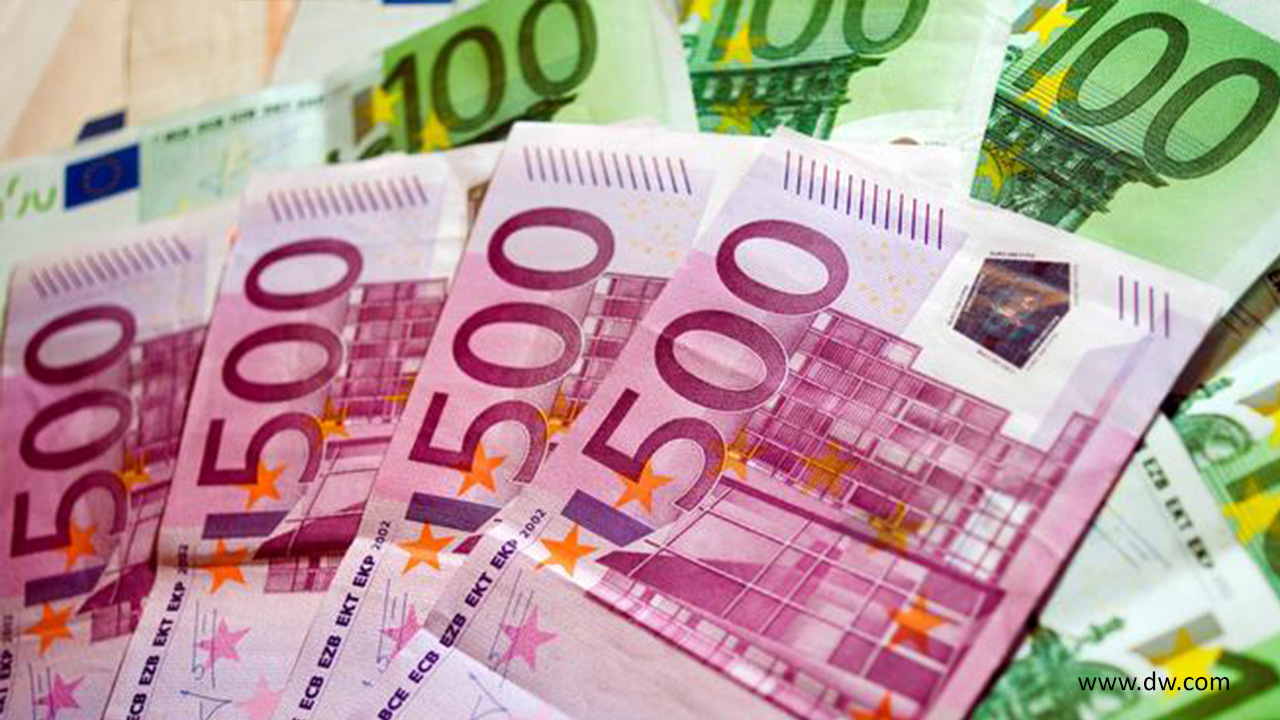There is no huge danger of getting the coronavirus from euro banknotes, the European Central Bank said Tuesday, referring to lab tests that indicated the germs made due far longer on different surfaces.
Money is still generally utilized in the 19-country eurozone however numerous shops and organizations have requested that clients change to cards or contactless installments to abstain from taking care of bills potentially contacted by a contaminated individual.
In a blog entry, ECB official board part Fabio Panetta said tests by European labs demonstrated that the endurance pace of coronaviruses is "10 to 100 higher" on a hardened steel surface, similar to an entryway handle than on euro banknotes in the initial scarcely any hours after pollution.
"Different investigations demonstrate that it is considerably more hard for an infection to be moved from permeable surfaces, for example, cotton banknotes than from smooth surfaces like plastic," Panetta said.
Euro notes are imprinted on unadulterated cotton-fiber paper, which causes make them impervious to mileage.
"Generally speaking, banknotes don't speak to an especially noteworthy danger of contamination contrasted and different sorts of surface that individuals come into contact with in everyday life," Panetta composed.
In China, the national bank declared in February that it was utilizing bright beams to purify banknotes in an offer to check the episode.
Panetta's blog didn't refer to whether any tests had been done into the tainting dangers when utilizing euro coins.
Over 340 million individuals over the mainland utilize the euro money.
Money remains the predominant method of installment for eurozone purchasers, the ECB stated, representing seventy-five percent of exchanges. It is particularly well known in enormous nations like Germany, Italy, and Spain.
Interest for money has been "less unsurprising" during the coronavirus emergency, Panetta stated, with certain individuals storing cash at home while others are spending less in light of the lockdowns

 Cash is still widely used in the 19-nation eurozone but many shops and businesses have asked customers to switch to cards or contactless payments
Cash is still widely used in the 19-nation eurozone but many shops and businesses have asked customers to switch to cards or contactless payments









.jpeg)


.jpeg)



.jpeg)
.jpeg)






.jpeg)





